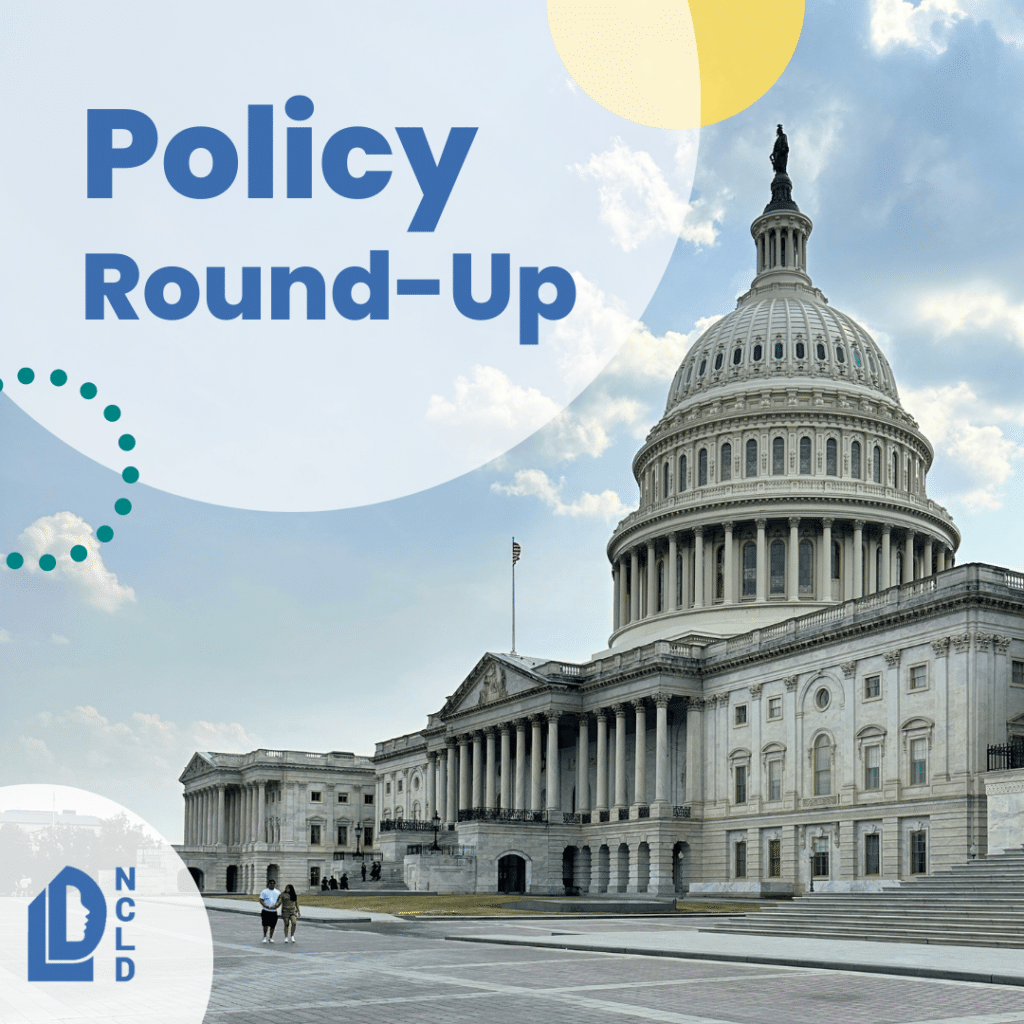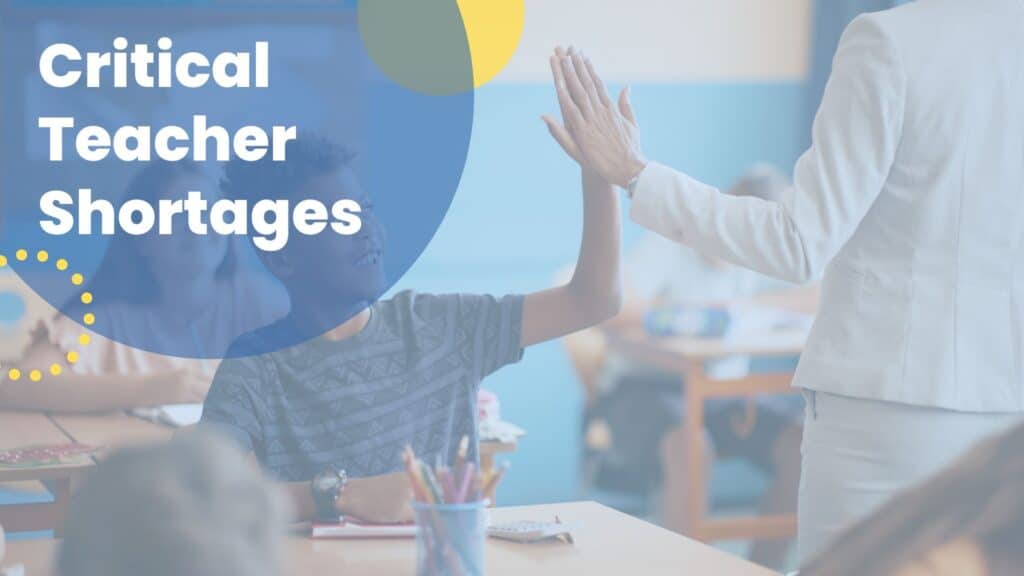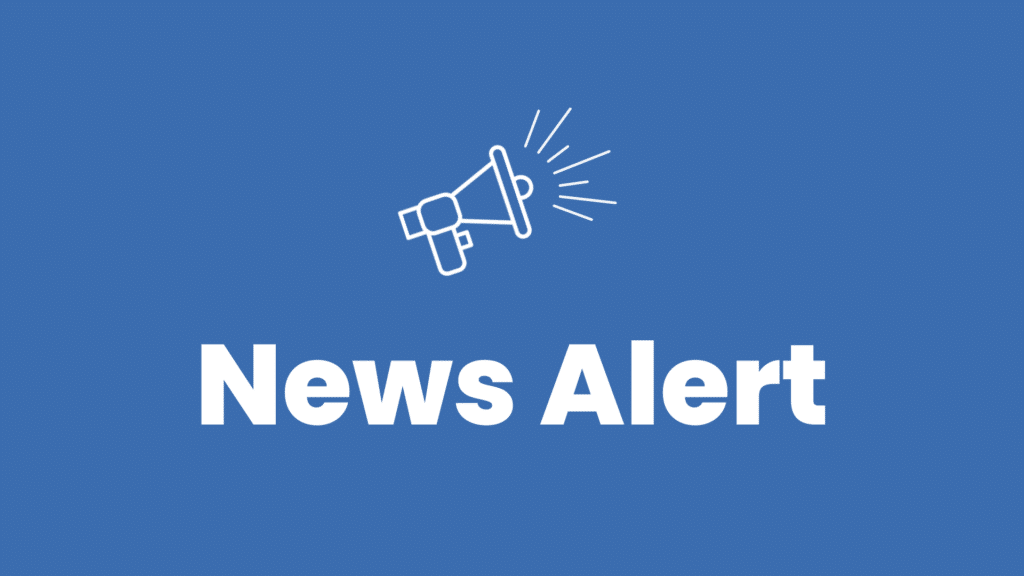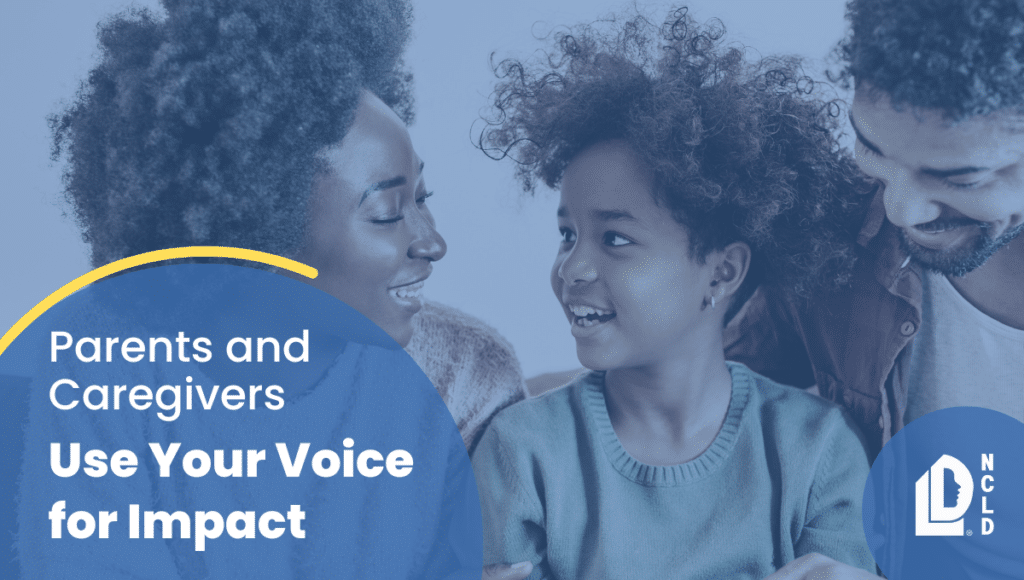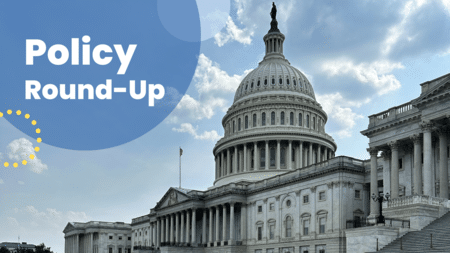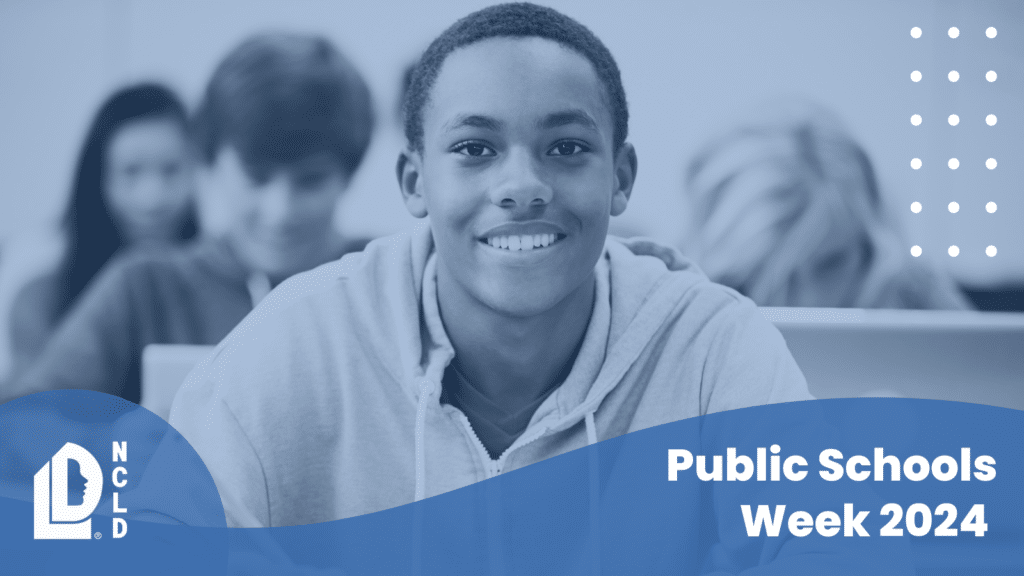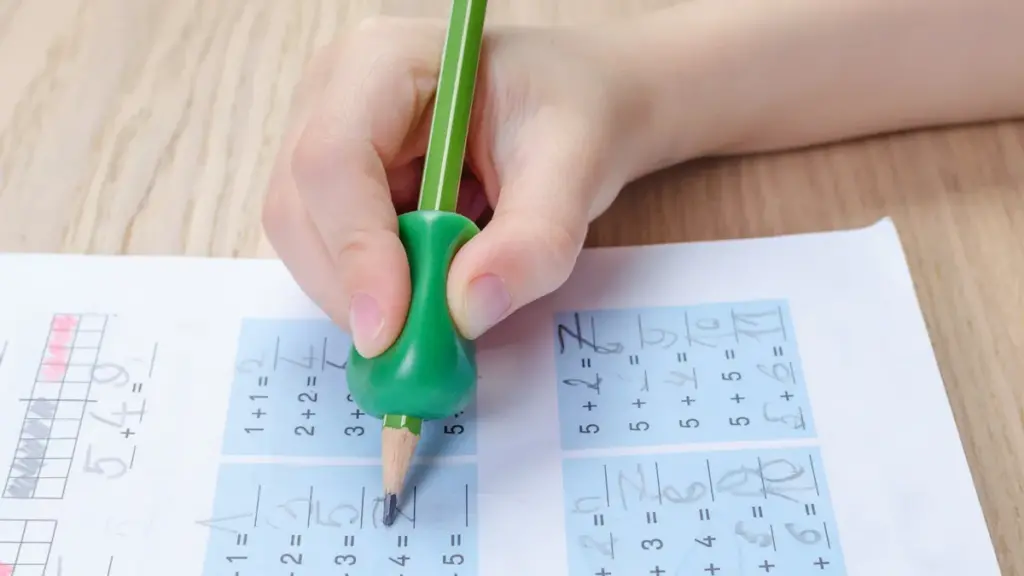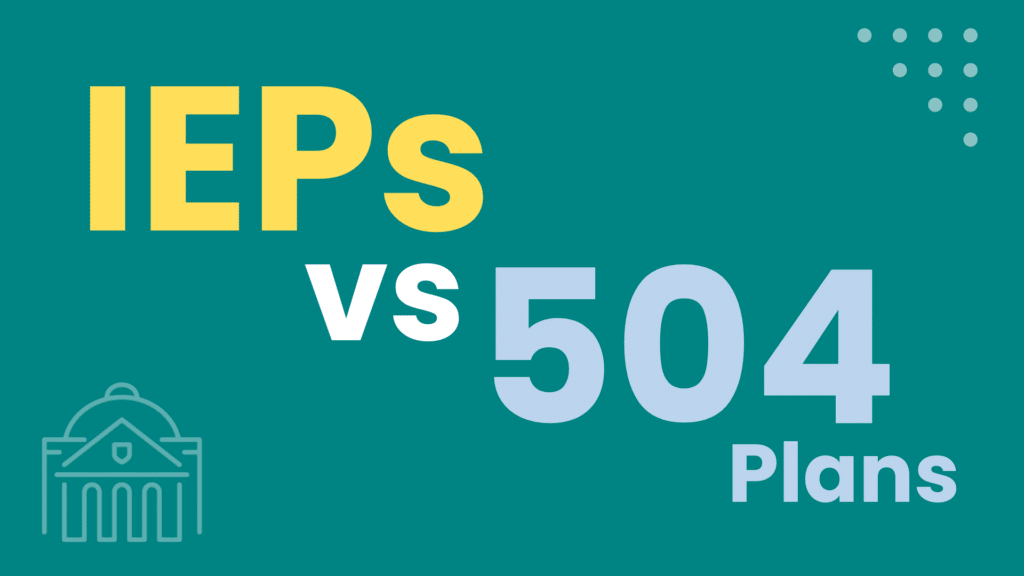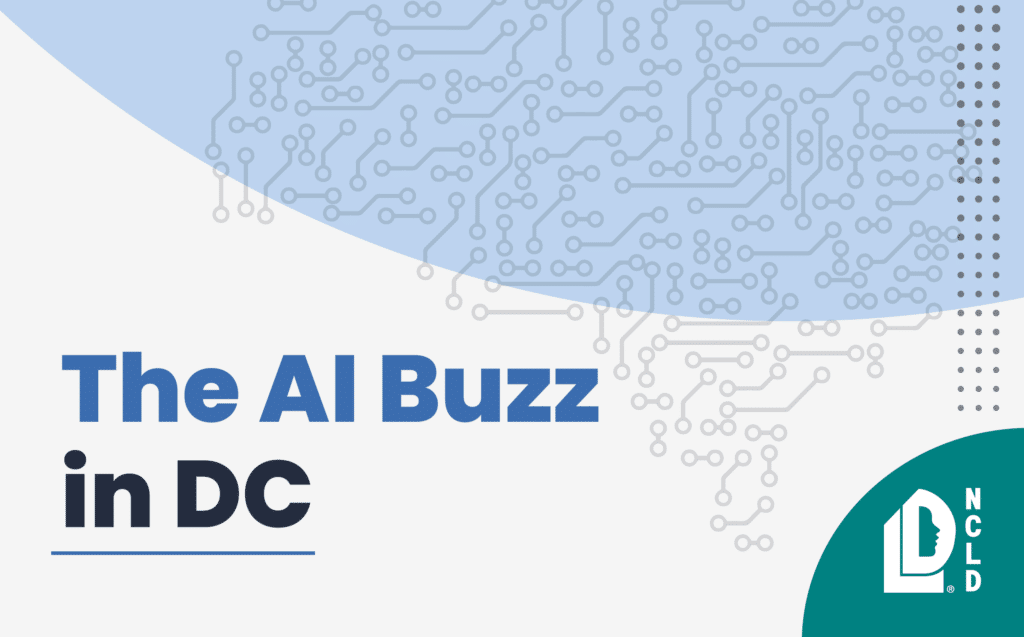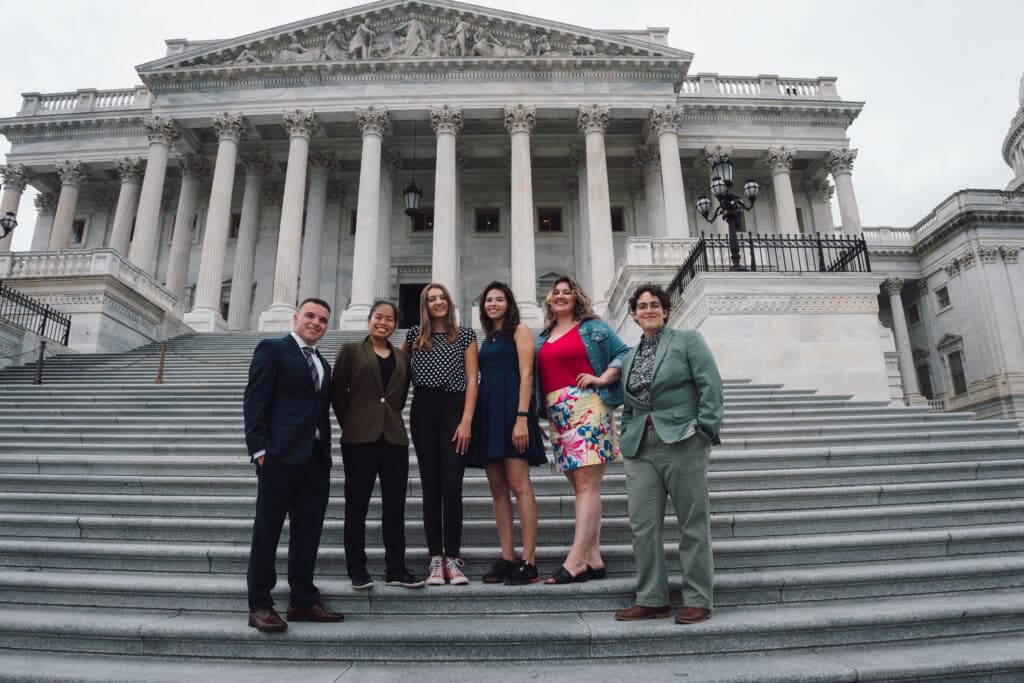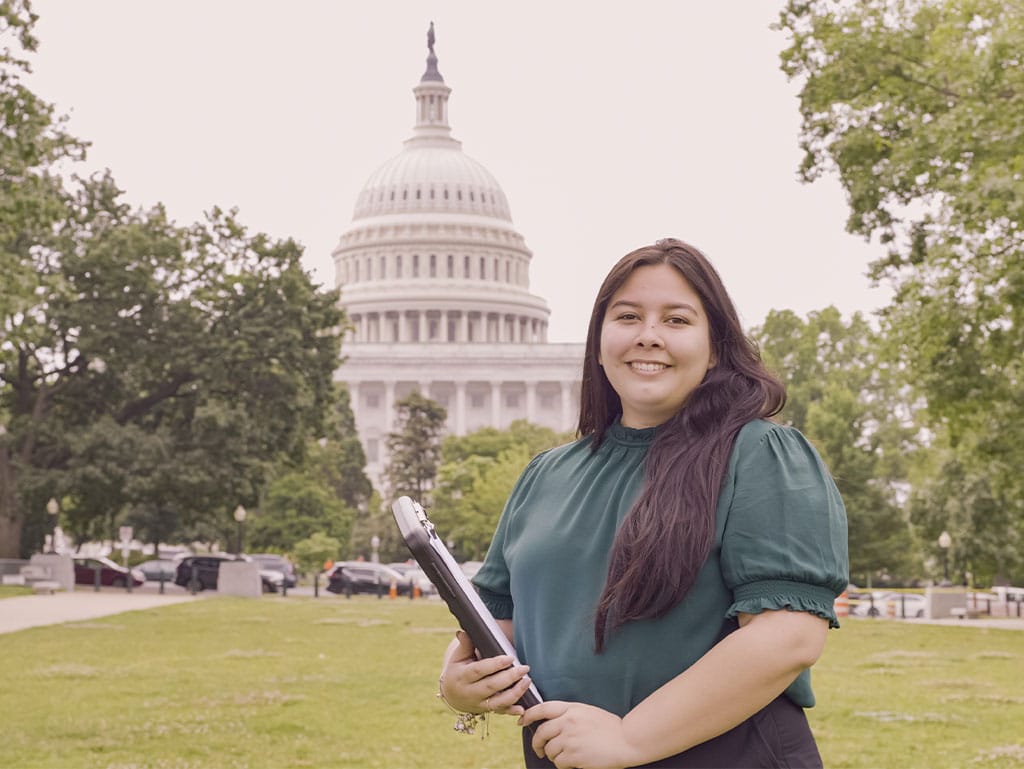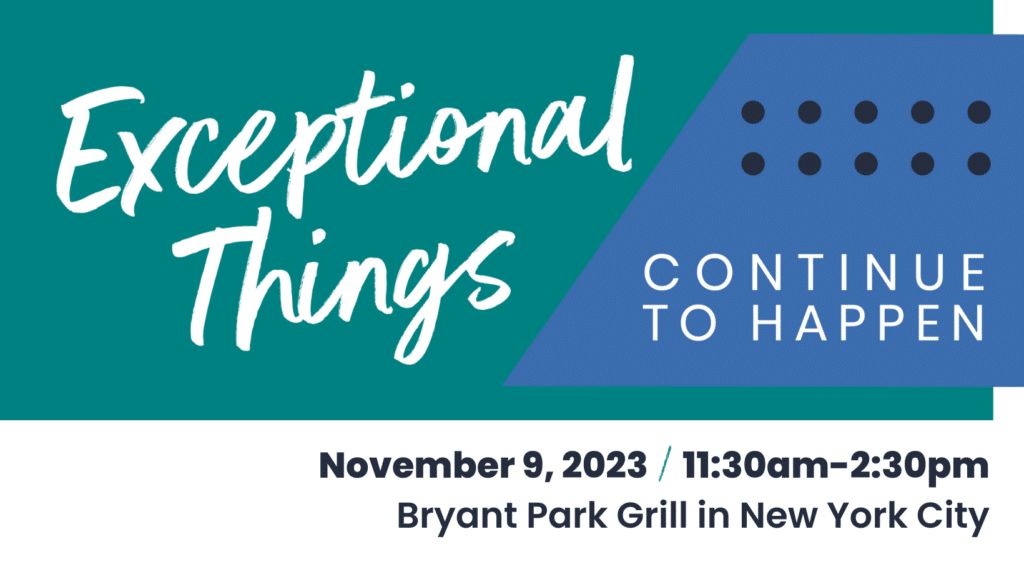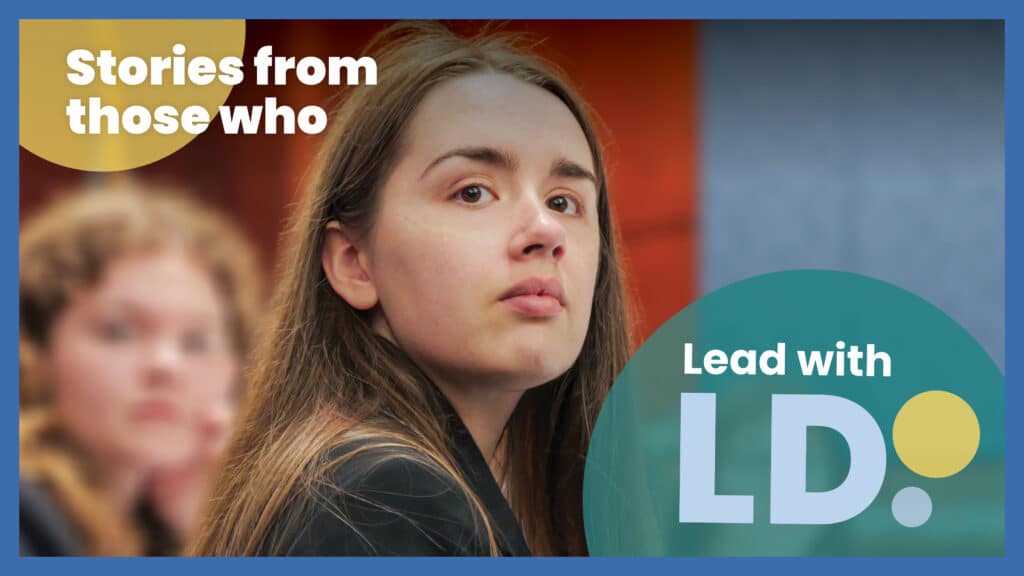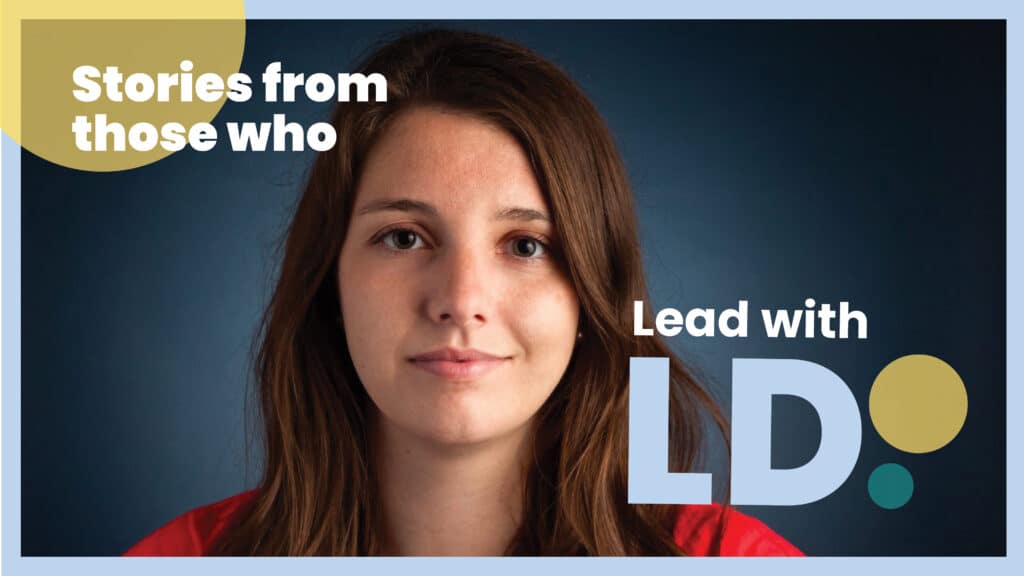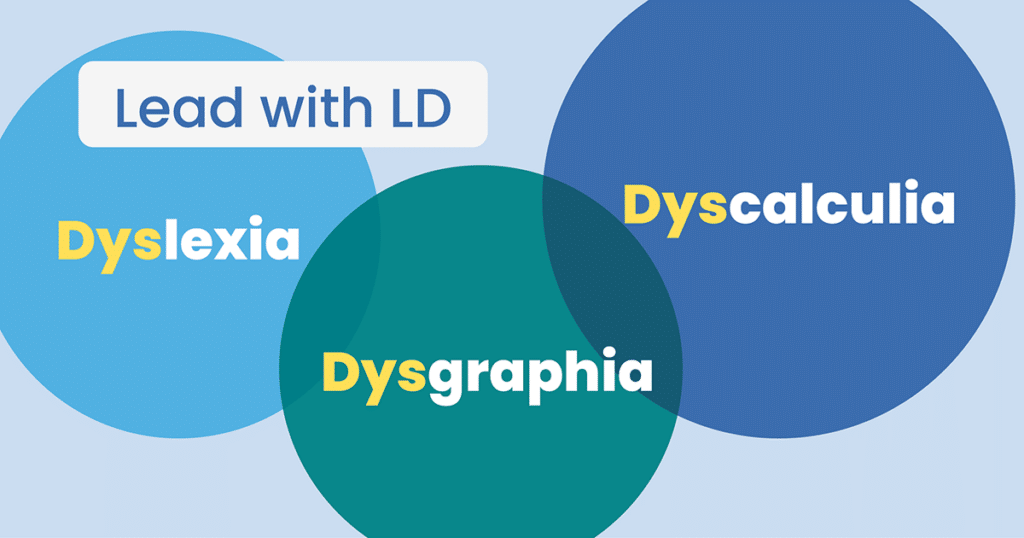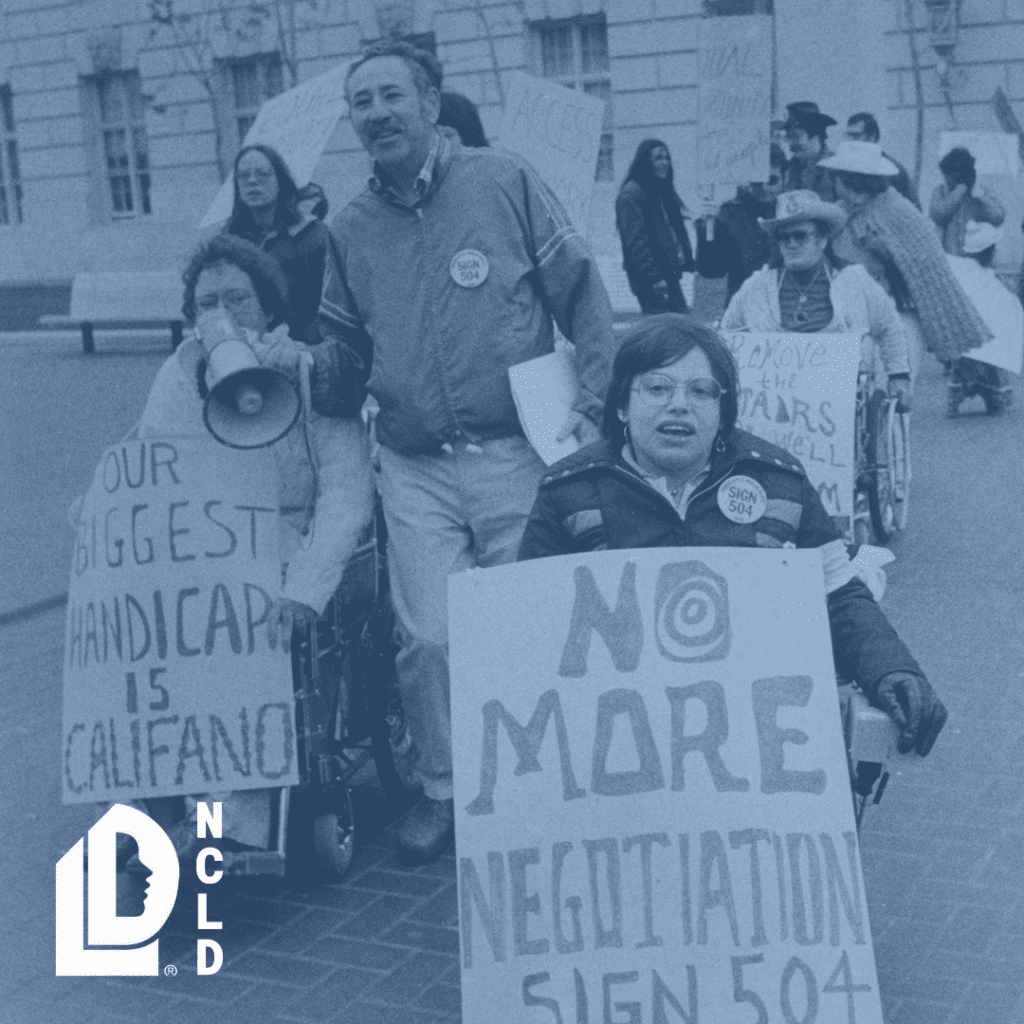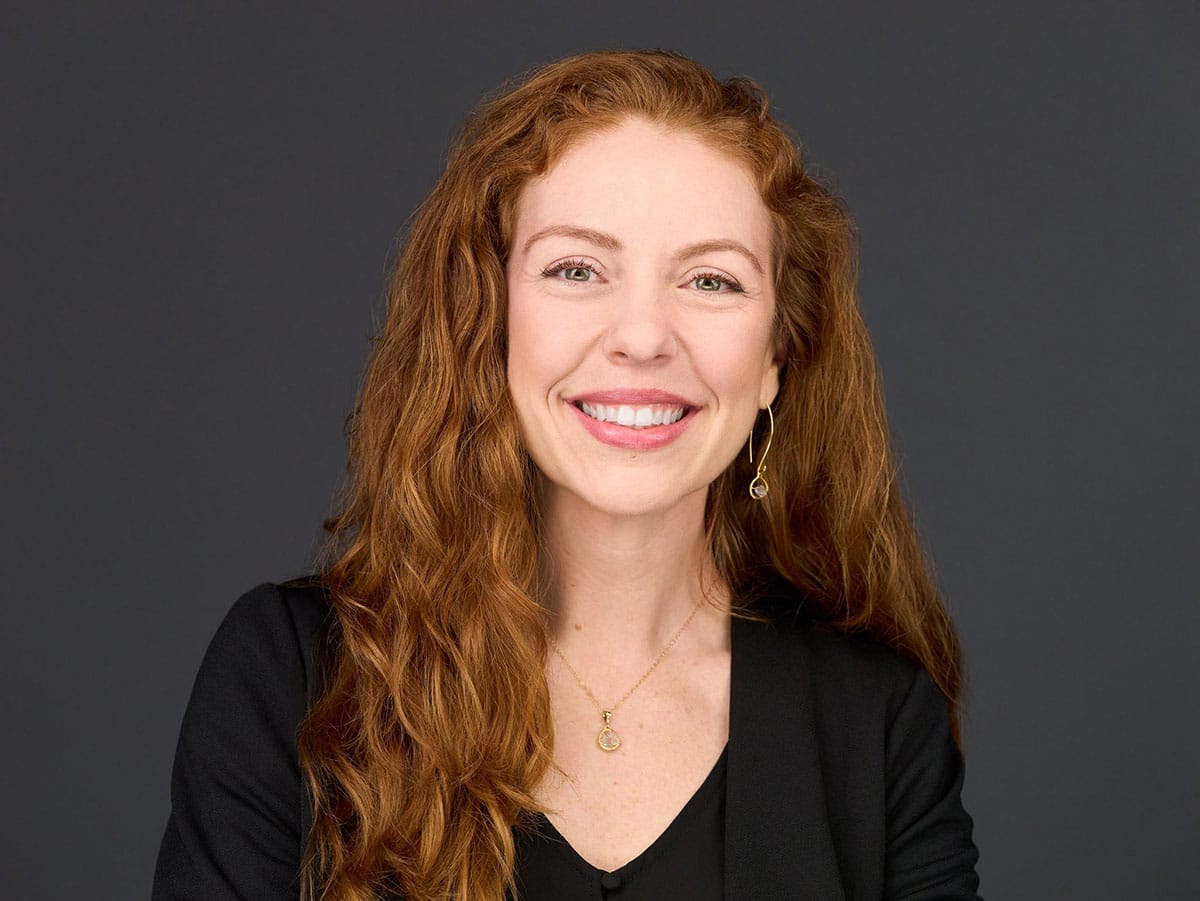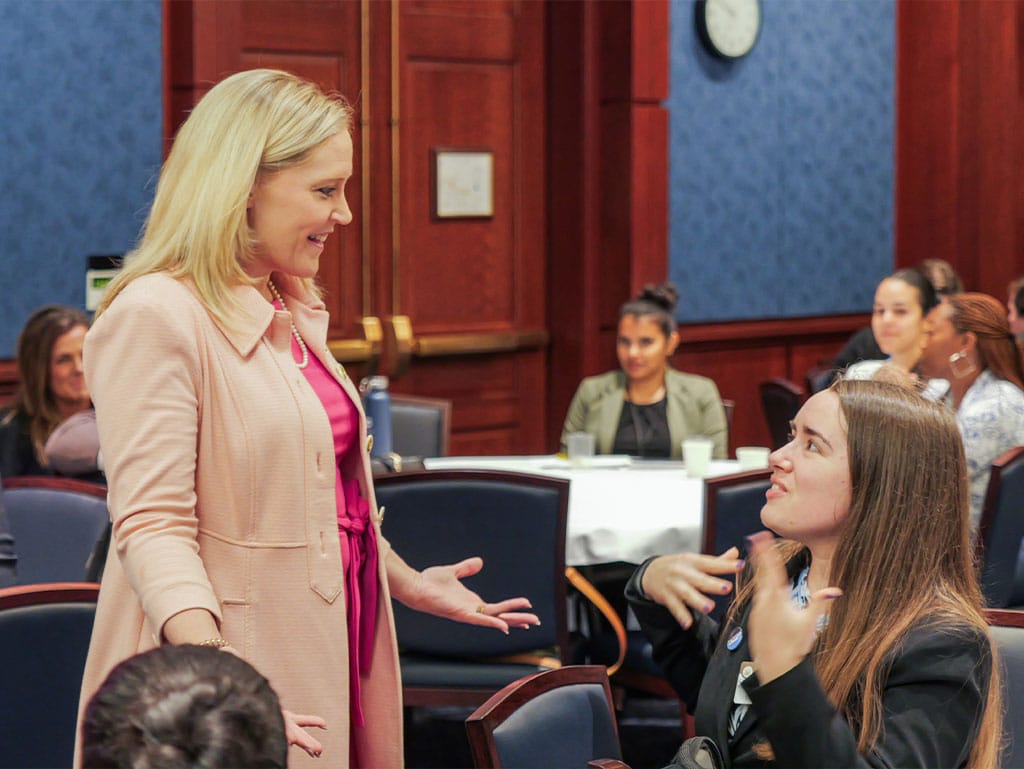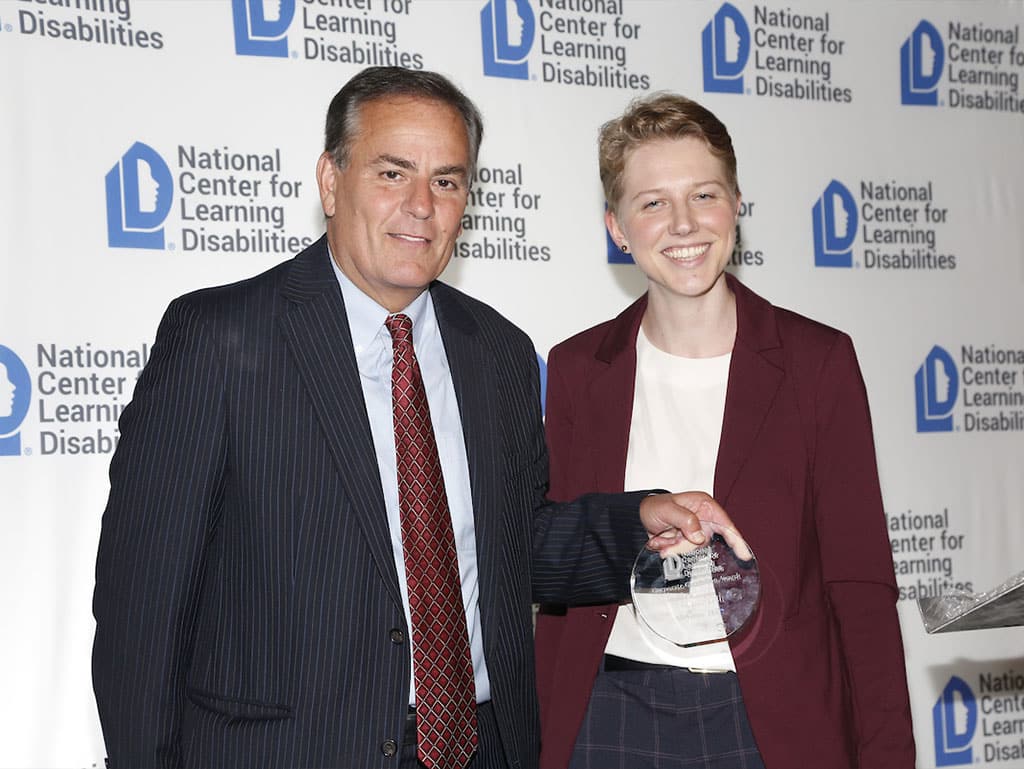News & Views
News & Views
March Policy News Round-Up
Congress finally passed a budget for FY 2024, the next appropriations cycle begins, and exciting legislation is introduced at both the federal and state levels. Learn more about what NCLD did in March. FY 2024 Appropriations Passed After Congress passed four (!) Continuing Resolutions between September 2023 and February 2024,...
Read MoreAddressing Critical Teacher Shortages – Insights and Strategies with the Learning Policy Institute
The Learning Policy Institute recently hosted a crucial briefing, "Tackling Critical Teacher Shortages: Insights on...
ICYMI: YALC Visits the White House for First-Ever Interagency Youth Policy Summit
The Biden-Harris Administration brought together nearly 90 young people from across the nation at the...
Amplifying Voices of Families Impacted by LD
The National Center for Learning Disabilities (NCLD) is seeking dedicated parents / caregivers from across...
February Policy Round Up
Congress stares down a government shutdown, new data shows an increase in enrollment of students...
Celebrating Public Schools Week 2024
We are excited to join the Learning First Alliance in celebrating Public Schools Week 2024...
January Policy News Round-Up
2024 is off to a great start! USED released educational and assistive technology resources, new...
Embracing the Transformative Power of Assistive Technology
We are thrilled to share that Jacqueline Rodriguez, CEO of the National Center for Learning...
December Policy News Round-Up
Happy New Year! In December, Congressional Committees introduced two bills to reauthorize two laws impacting...
IEPs vs. 504 Plans
Welcome to our educational exploration! In a previous post, we discussed some of the ins...
The AI Buzz in D.C.
By Nicole Fuller, Policy Manager 10 minute read A snapshot: Biden-Harris Executive Order: The October...
November Policy News Round-Up
Happy Holidays! Important legislation was introduced in Congress, the federal government avoided a shutdown, and...
Open Scholarships for Students with Learning Disabilities—Apply Now!
The National Center for Learning Disabilities is excited to announce the opening of its 2024...
October Declared National Learning Disabilities Awareness Month
As we close out Learning Disabilities Awareness Month, we are proud to share exciting news...
October Policy News Round-Up
We celebrated LD Awareness month, helped introduce a resolution in Congress, and co-led a briefing...
National Center for Learning Disabilities Announces 2023 Annual Benefit Luncheon
NEW YORK, NY — October 24, 2023 — The National Center for Learning Disabilities (NCLD)...
Leading with LD as a Special Education Teacher
Welcome to another blog post in recognition of Learning Disabilities Awareness Month. Erin Crosby, a...
Honoring Yourself and Becoming an Effective Leader
In celebration of Learning Disabilities Awareness month, Kayla Helm-Queen, a Young Adult Leadership Council Alum,...
All about SLDs, IEPs, and IDEA
It's crucial to acknowledge the unique challenges faced by students with Specific Learning Disabilities (SLDs)....
Lead with LD this LD Awareness Month
It’s October, which means that it is LD Awareness Month. We are excited to kick...
Celebrating 50 Years of the Rehabilitation Act: A Path to Inclusive Education
By Lindsay Kubatzky, Director of Policy & Advocacy Today marks the 50th anniversary of the...
A Letter from the CEO: Celebrating Change and Abundance
Dr. Jacqueline Rodriguez Fall is one of my favorite seasons. The crisp, cool air, the...
Let Us Reintroduce Our Website
Welcome back, NCLD community! We are thrilled to unveil the first iteration of our refreshed...
Great Things Continue to Happen
By Dr. Jacqueline Rodriguez Reflecting on my first several months with NCLD, I am moved...
Alondra Gonzalez Joins NCLD Board of Directors
The National Center for Learning Disabilities (NCLD) is delighted to announce the appointment of Alondra...
NCLD Commends Congressional Leaders for Reintroducing The RISE Act
WASHINGTON, DC – March 30, 2023 – The National Center for Learning Disabilities (NCLD), alongside...
NCLD to Recognize McGraw Hill as Corporate Champion at Its 45th Anniversary Benefit
NEW YORK — October 31, 2022 — For 45 years, the National Center for Learning...

